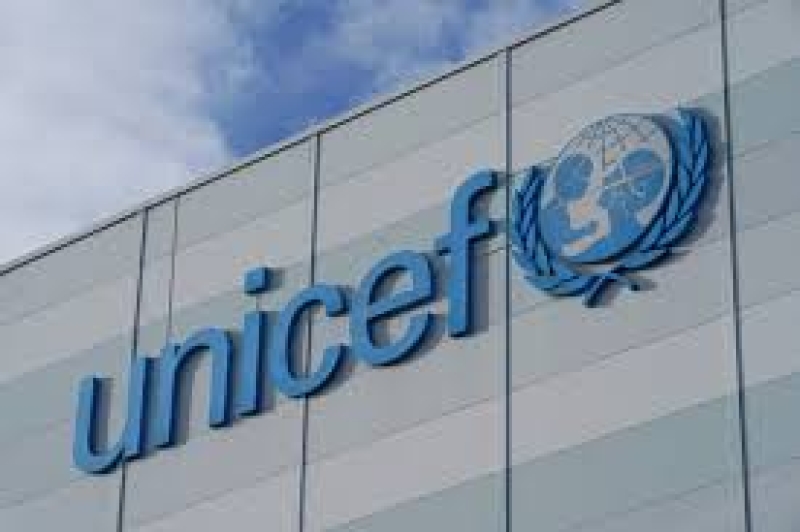- Bangladeshi Expats Cast 4.58 Lakh Postal Votes |
- IMF Forecasts Bangladesh GDP to Rebound to 4.7% in FY26 |
- Arab Allies Urge Restraint as Trump Presses Iran Talks |
- EC asks printing presses not to print election posters |
- Protect your votes, conspiracies still on: Tarique to voters |
Bangladesh Signs $366,500 Grant Agreement with UNICEF

The Economic Relations Division (ERD) under the Ministry of Finance has signed a grant agreement worth $366,500 (Taka 439.80 Lakh) with UNICEF to support the three-year "Enhancing Evaluation Capacity for Development (EEC4D)" project.
Signed on Wednesday, the agreement will contribute to strengthening the evaluation capacity of government agencies through the Implementation Monitoring and Evaluation Division (IMED) under the Ministry of Planning. The project's primary goal is to enhance the use of evidence-based strategies for more efficient and sustainable development investments, as stated in an ERD press release.
The agreement was signed by Md. Shahriar Kader Siddiky, ERD Secretary, and Rana Flowers, UNICEF Bangladesh Country Representative, with representatives from the UN Wing of ERD and various government agencies attending the ceremony.
UNICEF has been a long-term partner of Bangladesh, focusing on children's rights and supporting both humanitarian and development programs nationwide. This project aims to improve the national evaluation system by developing a policy framework, drafting an evaluation act, creating training modules, and establishing guidelines to build national evaluation capacity.
Over the next three years, the project is expected to help institutionalize evidence-based planning, supporting the government's strategic goals and contributing to the achievement of the Sustainable Development Goals (SDGs), particularly in areas such as poverty reduction (Goal 1), health (Goal 3), and education (Goal 4).
By investing in evaluation capacity, Bangladesh aims to ensure more effective resource allocation, impactful interventions, and sustainable socio-economic growth.

